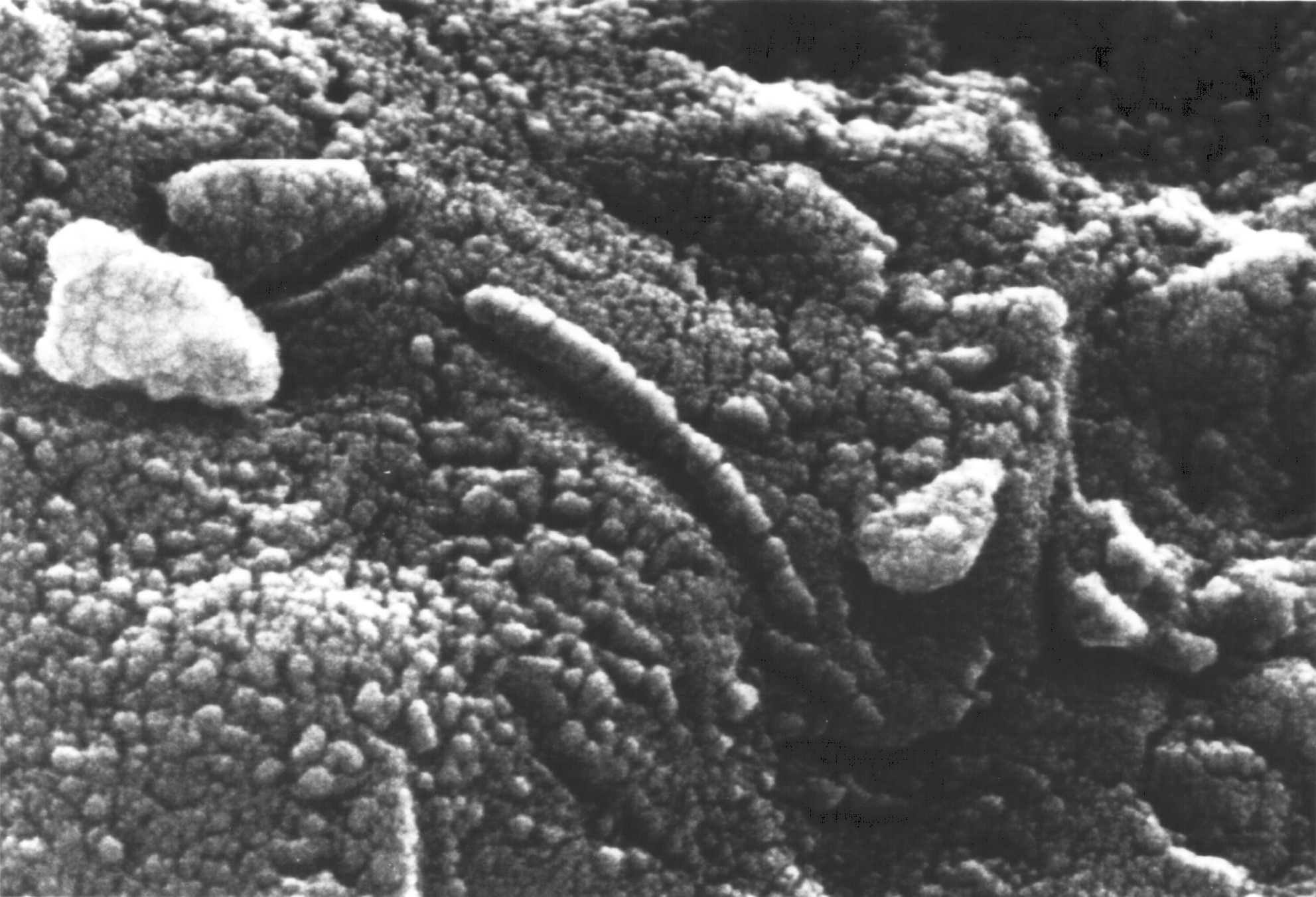Questions were being asked about the department's future, and the Director responsible for our department (among others) asked my manager if I was interested in becoming the permanent manager. The short answer is no. The slightly longer answer is hell no. And this is why:
- I am a teacher. Teaching is what I do. Any managerial position will take more teaching hours away from me than I am comfortable with.
- We are short of staff. We need more full-time lecturers. And we need more competent full-time lecturers. I have supported students with AS and A2 Chemistry, and AS Physics, in addition to my normal teaching duties. Losing half my teaching hours to management would be disastrous.
- I left the private sector to get away from days spent peering at an Excel spreadsheet. I certainly don't want to return to that.
- The £10k extra a year is not worth the hassle.
- I am unlikely to find myself with a supportive, empowering manager further up the scale, and this will bother me, perhaps to the point of a relapse into the anxiety and depression that has been so paralysing in the past.
- I'm an aggressive, passionate, sweary mama-bear, and I will do battle for my students to the detriment of my own position. That is not a particularly desirable managerial trait.
- I do not wish to rise from the ranks and become the manager of my own colleagues. I have no desire to manage my PGCE mentor, or the A-level Coordinator, or the head lab technician.
- Timetabling seems to be worthy of its own special level of hell, and I would quite like to not have my summers taken up with it.

Finally, when discussing this with Paul, we drew some comparisons between college management and "Game Of Thrones" (which we have finally watched, after months of being told to by my students). Management is a game of thrones, thrusting staff into the line of sight of the Directors, requiring people to play politically or risk being removed from their post. As Cersei Lannister says, "When you play the game of thrones you win, or you die". I have no desire to play the game of thrones. I am, apparently, Ned Stark - best left to be
































